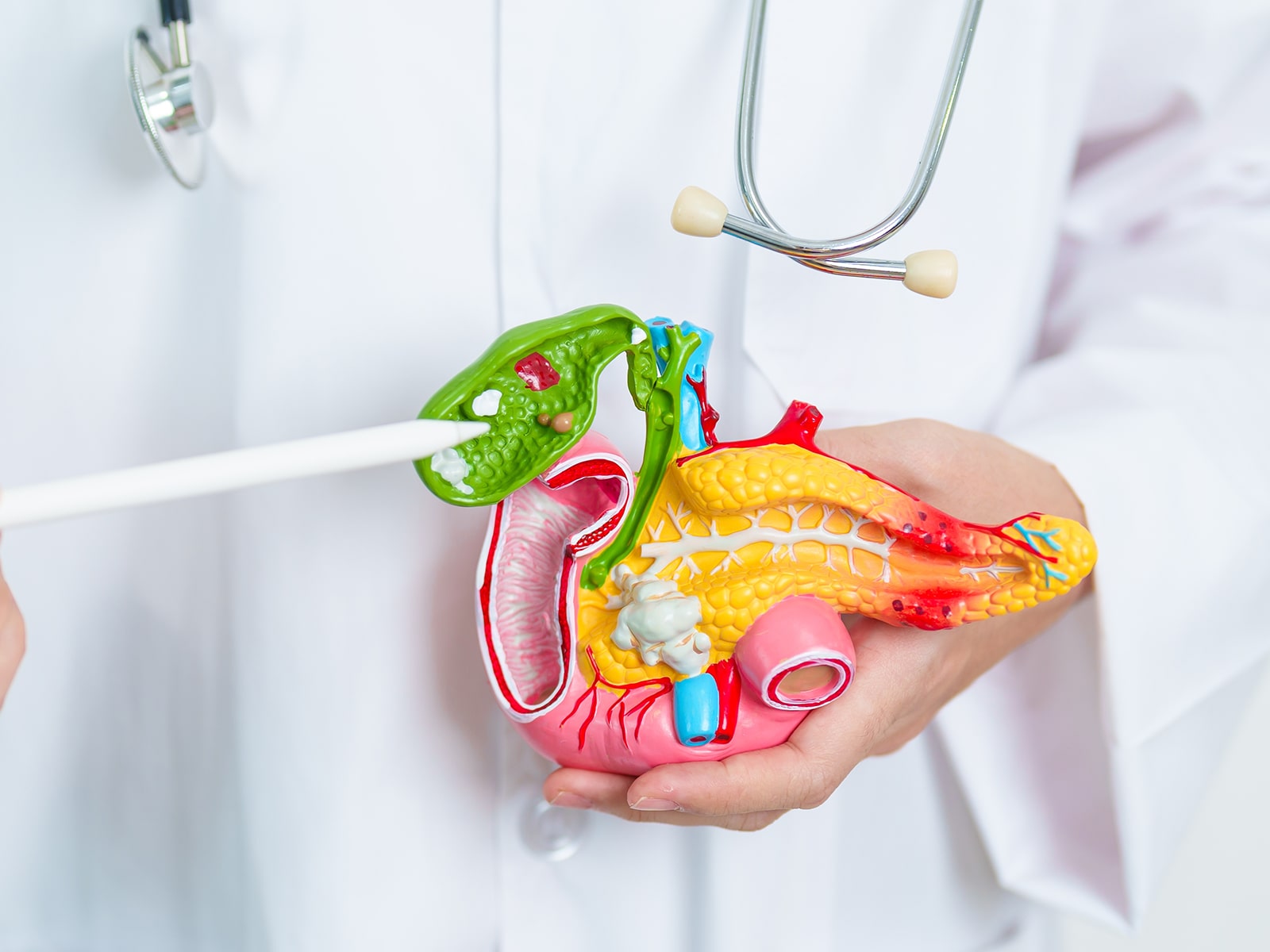
Hereditary pancreatitis refers to a rare hereditary disorder, which is associated with recurrent episodes of the inflammation of the pancreas. Due to the genetic mutations, the digestive enzymes in the intestines are triggered too early in the organ that results in recurring flare-ups, slowly damaged tissue, ineffective digestion, and blood sugar problems. The complications can be curtailed and the quality of life is increased through management and early diagnosis.
The symptoms come and go, and the acute pain and pain-free existence may be interrupted. Typical complaints include:
Genetic mutations which are inherited trigger hereditary pancreatitis and disrupt the normal functioning of the enzymes. Key causes include:
It is born to have experts in pancreatitis in our genetic counseling and care-to-targeted nutrition and non opioid pain management in GastroDoxs in Houston. Board-certified gastroenterologists, same-day or next-day appointments, critically, patient-centered, and a warm, caring demeanor are all reasons as to why we are enjoying assisting you to manage the situation, prevent an exacerbation, and thus enable you to live, long-term. Make your reservation and then manage the condition of your pancreatic health.
We've successfully treated more than 1K patients, helping individuals improve their digestive health and overall well-being through expert, personalized care.
With over 20 years of experience, GastroDoxs has been a trusted provider of gastroenterology care, focusing on delivering the best outcomes for patients
Flare-ups are the mutations of the genes which causes the premature discharge of digestive enzymes in the pancreas causing inflammation, pains and swelling of the organs.
It is diagnosed by a genetic test of PRSS1, SPINK1 or CFTR mutations, blood test, radiography (CT or MRI) and a minor study of your family history.
Yes. The majority of the cases begin when one is still young or in his/her teenage years and they normally present themselves as recurring abdominal pain or digestive related complications.
No. Hereditary pancreatitis is inflammation of the pancreas which is chronic in nature. It is not cancer despite creating some risks of long term cancer.
Certain cancers of the pancreas are genetic. We also help in the assessment of your and our Family risk through genetic counseling and special test.
Yes. Mutated genes which contain risks of cancer can be passed on to generations so that even a grandparent mutation can be passed on to you.
Alterations in the genes such as BRCA2, PALB2, etc. can predispose to the pancreatic cancer. Genetic counseling may assist in determining the kind of tests that suit you.
The contact of GastroDoxs can be made to visit the gastroenterologists that are board certified experts in the treatment of hereditary pancreatitis and genetic counseling.
Small and frequent meals (low fat and high protein) are recommended. In order to reduce the pain and stress of the digestive system, one should avoid fried foods, heavy sauces and alcohol.
see a doctor as soon as possible in case of sharp pains in the abdomen, high fever, constant vomiting or in case of symptoms of dehydration: rapid heartbeat or dizziness.